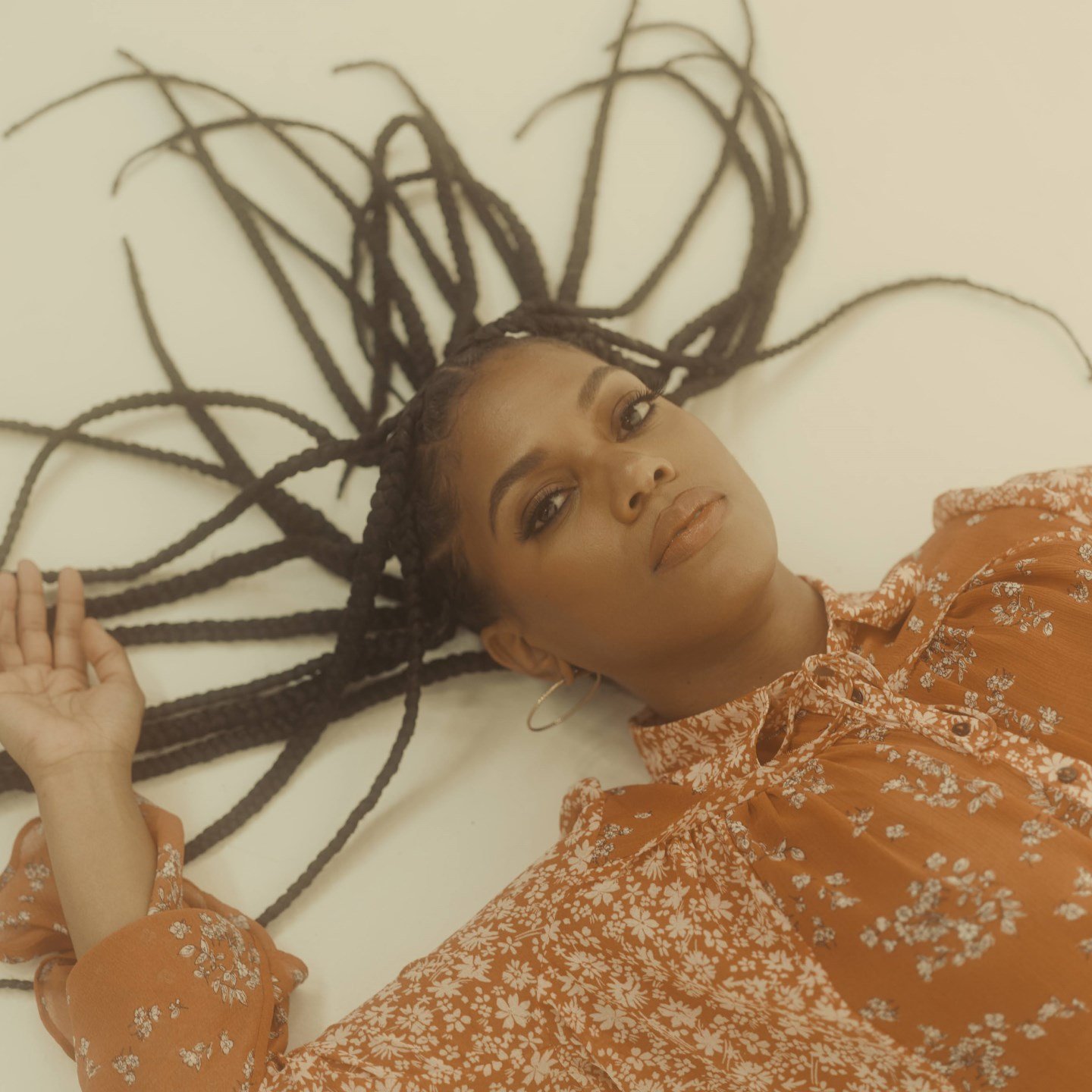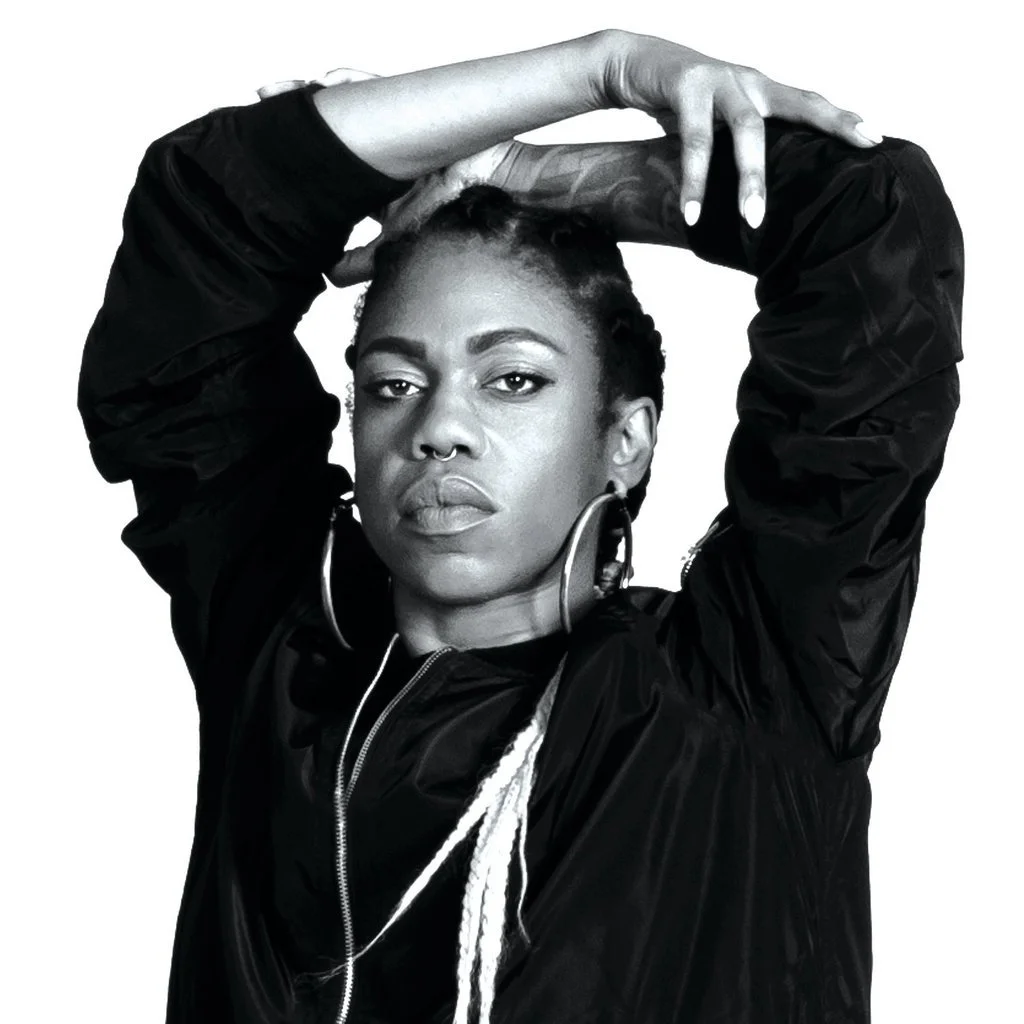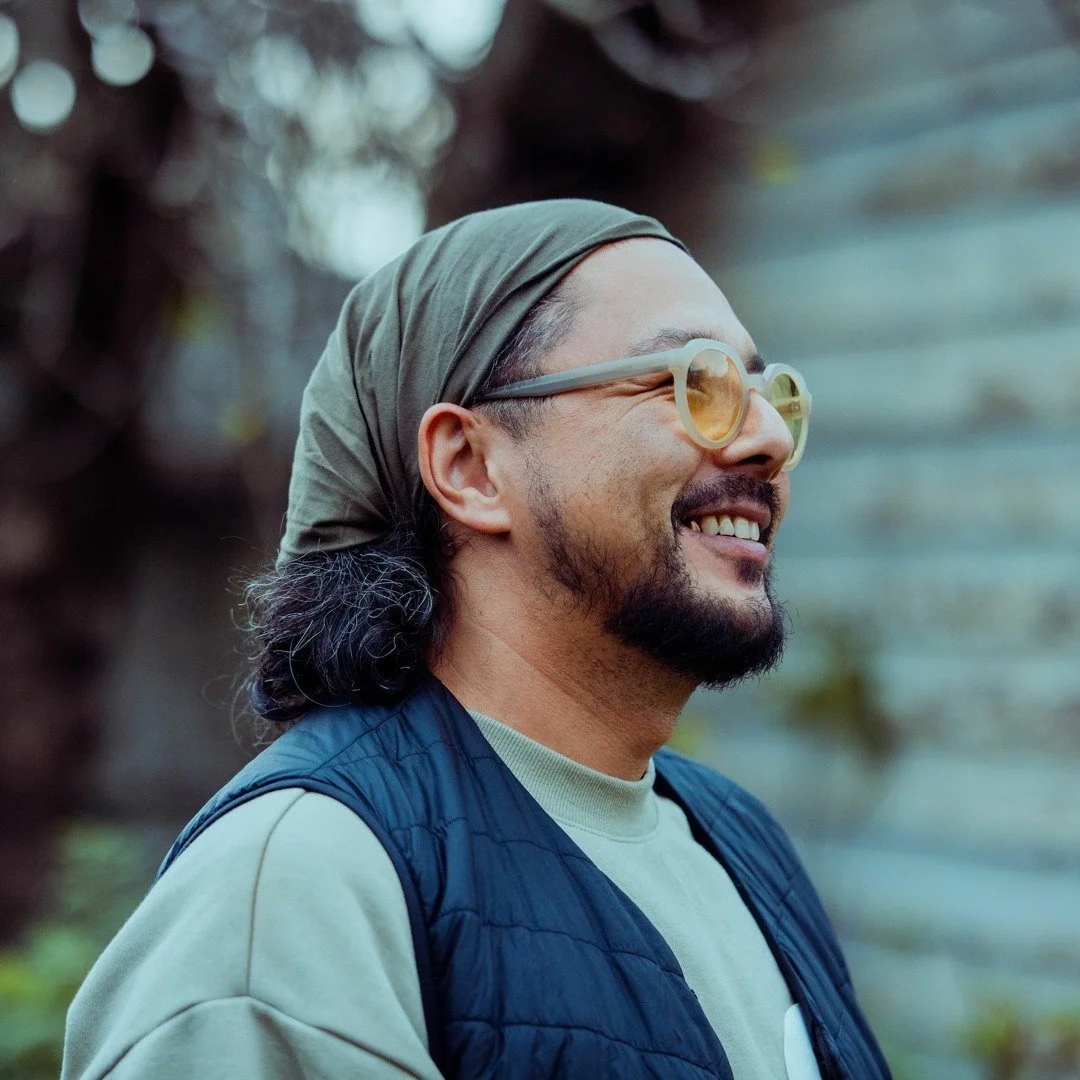10 Can't-Miss Artists of Color at Bass Coast
Written by Mark McNulty
Bass Coast in British Columbia, Canada, the reigning DJ Mag “Best Boutique Festival in North America,” has a theme each year. In 2024, the theme is “Reflection,” which encourages attendees “to reimagine their relationship with expression, consumption and the environment.” Recognizing this, we recently spotlighted the festival’s sustainability practices. The theme also offers an opportunity to reflect on racial equity and spotlight artists of color at the music festival.
Why is it important to consider equity and diversity in dance music? From house and techno to jungle and dubstep, electronic dance music often came from marginalized diaspora communities which, at least in North America, were often Black and Latino. Yet as dance music has become a mainstream, multi-billion dollar business, it is impacted by racism and exclusion like any other business in a society where these challenges remain all too present.
As a result, dance music’s humble origins have been lost in the mix, and it has become harder for artists of color to break into spaces. As Detroit techno originator Kevin Saunderson told Billboard in 2020: “it feels like Black artists are being eliminated from dance music.” Or as Chicago house legend Derrick Carter wrote in 2014, “something that started as gay black/Latino club music is now sold, shuffled and packaged as having very little to do with either.”
For one example, consider UNESCO recently recognizing the cultural heritage of Berlin techno without mentioning Detroit. This phenomenon began long before electronic music, and it’s well-documented in books like Blues People (1963) by Amiri Baraka and Assembling a Black Counter Culture (2022) by DeForrest Brown Jr. For another example, Led Zeppelin infamously plagiarized Black blues players without giving them credit.
So what are the solutions, and how is Bass Coast doing its part?
One thorny barrier to diversity in dance music is “colorblindness,” or the belief that you should treat all persons equally without regard to their race. This sounds reasonable on the surface, but what happens if you apply it to a community where racial inequalities actually do exist?
Consider R&S Records. This storied label released Aphex Twin's Selected Ambient Works 85-92 but its founder Renaat Vandepapeliere has been accused of racial prejudice multiple times. When artist Eddington Again published email exchanges in which he asked Vandepapeliere why R&S signs so few people of color or women, the label boss responded, "we are not a political party," and "I sign music I can find - I don't sign color mate."
It sounds reasonable to sign “music you can find” without regard to race. Yet if your roster is all white in a scene born from communities of color, it begs the question, “where are you looking?” Like other businesses, decision-making spaces in dance music (and bass music) are often white. It’s not wrong to book talent from your own milieux or comfort zone, but that likely won’t yield diversity unless your peer group is diverse, and at least for most Americans that’s not the case. In other words, if you “don’t see color,” you may not end up seeing any on your lineup.
This is why one part of the solution is abandoning the colorblind approach and intentionally considering diversity. For example, in 2019, Bass Coast started collecting detailed demographic data about its bookings and using it to “critically look at strengths and gaps in our programming choices.” The event is now far more diverse than other North American bass festivals.
Bass Coast 2024 is co-headlined by Of the Trees and Leikeli47, a rapper raised in the Brownsville and Bedford-Stuyvesant neighborhoods of Brooklyn whose music has bass, dance, and house elements (Leikeli47 cites N.E.R.D. as one of her greatest influences). The Phase 1 lineup featured more than three dozen women and gender non-conforming people, and nearly 30 artists of color, including several indigenous and Métis DJs and producers from Canada. So with this in mind, in addition to Leikeli47, here are 10 can’t-miss artists of color at Bass Coast.
Ashley Morgan
Born in Detroit and based in Atlanta, Ash Lauryn has spent her career as a DJ, radio host, writer, and curator lifting up Black dance music through her platform Underground and Black and other channels. Get ready for an assuredly soulful set at Bass Coast, and read some of her writing about Detroit techno: “That’s right guys, this music was born from the struggles and the good times of black people. Although it has taken on many different forms, the fundamentals will always remain the same.”
This Mexican American DJ and curator has become a pillar in Los Angeles and a household name in club communities across the states. Through her Warp Mode event series, Club Aerobics label, and NTS radio show radio, Bianca Oblivion strives to create physical and digital spaces for femme/non-binary, queer, and people of color. She blends high quality club and global bass fare with reggaeton and baile funk, and was one Mixmag’s 2023 breakthrough DJs of the year and part of Beatport Next's Class of 2024.
Conducta has been a key figure behind the renaissance of garage as both a DJ and the boss at Kiwi Rekords. His influential label closed its doors earlier this year, but Conducta continues on. You can bet a DJ who runs a label has plenty of tunes other DJs don’t have. That’s definitely the case with Conducta. Listen to the Kiwi Sound and hear Conducta describe his experience with mental health as a Black DJ on the Black Minds Matter interview series via RA Exchange.
Stephen Carr aka Digital has been producing and DJing out of the UK since 1994. As a member of the Metalheadz old guard, he’ll be delivering that timeless, galactic jungle drum & bass sound at Bass Coast. Digital knows and represents the roots. He grew up listening to reggae, ska, funk, and soul, and heard first-hand how these influences shaped jungle and later drum & bass. His 25 Years of Metalheadz set from Outlook Festival is a great Digital sampler.
Donna Dada
“Don Dada” is Jamaican slang for a top-ranking boss, and Donna Dada is definitely earning her moniker. This rising Canadian producer and DJ of Nigerian and Trini heritage exists “where jollof and doubles meet.” She has recently supported Sherelle in London, Anna Morgan in Vancouver, and K + Lab at Meow Wolf Denver, blending techno, afrobass, garage, jungle and more. Check out her Bass Coast 2022 set and get ready for Round 2 in Merritt.
Delano Smith is one of the first Detroit house DJs and credibly claims to be ”the real Detroit head's secret favorite.” He sinks into deep grooves that invite the audience’s attention with subtlety and nuance instead of demanding it with aggression. His imprint Mixmode has been dropping house jewels for more than 20 years. Simply put, Delano Smith is a master, and you don’t miss the masters!
Handsome Tiger’s music is the most unique of anyone on this list. The Anishinaabe Métis and North African producer/DJ resides in Vancouver and has become a beloved figure in western Canada’s bass community. On his latest release, First People, “Indigenous voices and PowWow Drums meet decolonized bass music, beats, global, hiphop, sound system culture & dub.” He was recognized as one of CBC (Canadian Broadcasting Company) Music’s six Indigenous artists you need to know in 2021 and CBC’s Reclaimed artists to watch in 2020.
JPS
Jerry Poon aka JPS is a world-class operator. Originally from Singapore, he’s become a centrifugal force in Melbourne’s music scene. His company, The Operatives, has been bringing global talent to Australia for 20 years, from Mala and Chase & Status to Joe Kay and Jyoty. He plays a full spectrum of sub frequencies, from future bass and jungle to reggae and hip-hop, but he keeps the audience guessing, so who knows what he’ll play at Bass Coast. His set from Earth Frequency Festival 2022 is strictly vibes.
For a sensual reprieve from faster, more aggressive sounds at Bass Coast, see Minzi Roberta. A multi-hyphenate residing in Toronto by way of Hiroshima, Japan, Roberta’s SoundCloud is full of contemporary R&B, neo soul, jazz, and amapiano packaged in mixes like coconut oil, mint tea & lavender. Roberta has performed for Boiler Room, Rinse FM and Soulection and manages her own collective, Kuruza, which has a terrific radio show.
Yung Singh
After earning DJ Mag’s “Breakthrough Artist of the Year” award in 2021, the UK-based open-format DJ Yung Singh has continued to level up. He mixes all kinds of club music including garage, jungle, UK funky and grime with Punjabi folk sounds, and has earned the deep affection of ravers and Punjabi diaspora communities everywhere. Watch his Melbourne Boiler Room set, which has earned more than four million views, or do what I do and just replay this clip 10 times in a row.




